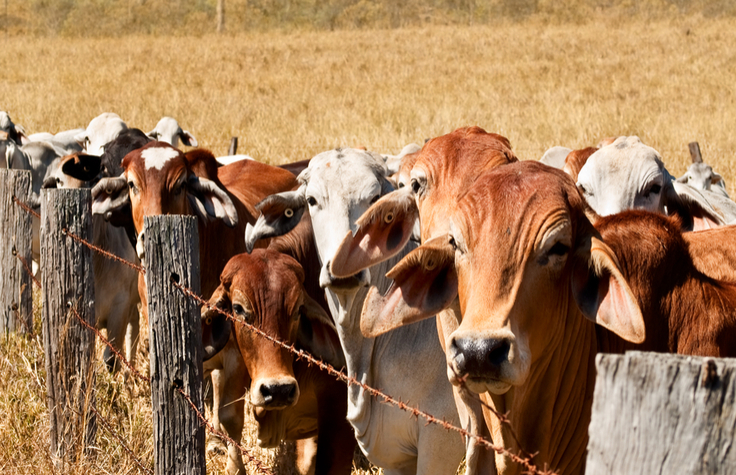
Large-Scale Animal Sequencing Enables Rapid Livestock Improvement
Sequencing data from the 1000 Bull Genomes Project is aiding discoveries of positive and negative traits, benefiting herds globally.
Discoveries support conservation, agriculture, and evolutionary research

Researchers around the world are using plant and animal sequencing to study the genomes of diverse species. These genetic maps offer a rich foundation for discovery, helping us understand life and evolution and find new approaches for the conservation of endangered species.
Harnessing next-generation sequencing (NGS) in agriculture will also allow for development of more productive and sustainable practices, so that together, we can meet the challenges of the changing environment and the demands of feeding a growing population.


Professors Chris Austin and Larry Croft of Deakin University talk about how NGS opened new research opportunities that will impact the future of agrigenomics.
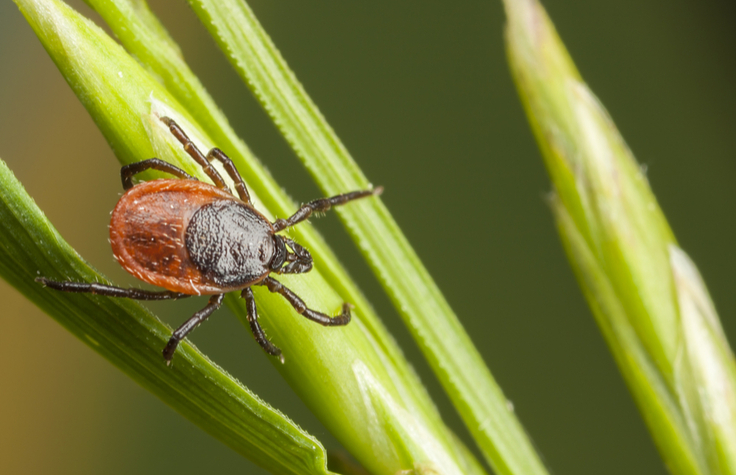
Charlie Johnson discusses the work his lab is doing with plant sequencing and offers advice for those interested in moving to NGS.
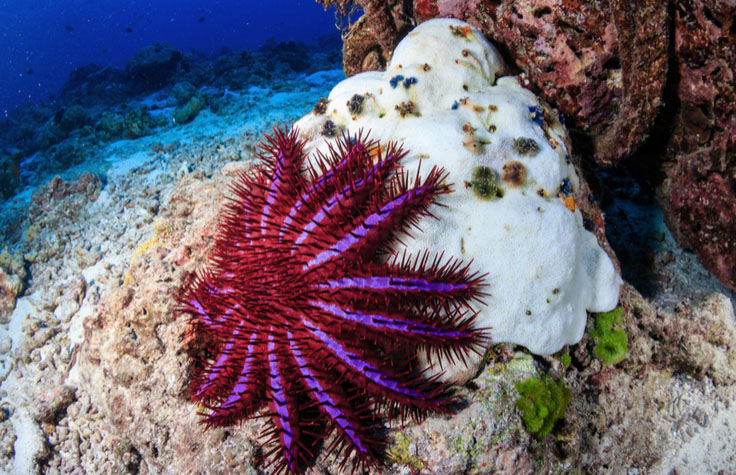
The Okinawa Institute of Science and Technology is using plant and animal sequencing to advance research in marine biology, agrigenomics, and aquaculture.
| Method | Description | Uses |
|---|---|---|
| De novo sequencing | De novo plant or animal sequencing is a first step toward understanding the genetic underpinnings of an organism’s traits and interactions with the environment. | Assign map positions and stack breed information for subsequent resequencing to discover single nucleotide polymorphisms (SNPs) and other genetic variations. |
| Whole-genome resequencing | A comprehensive method for analyzing the entire genome when a species' reference genome is available. | Identify genes, SNPs, and structural variants while simultaneously determining genotypes. |
| Transcriptome sequencing | RNA sequencing provides novel insights into changing gene expression levels that occur in development and during disease and stress conditions. | Elucidate gene and protein function and interactions, identify tissue-specific lists of RNA transcripts, and discover new SNPs. |
| Epigenetics | Adaptive responses to changes in the environment (such as food availability or drought conditions) can trigger phenotypic changes in plants and animals that affect their viability and reproductive fitness. | By using sequencing to identify changes in DNA methylation, chromatin structure, and small RNA expression, you can better understand how epigenetic factors contribute to controlling these and other traits in a species of interest. |
| Targeted resequencing | This method sequences predetermined areas of genetic variation over many samples. | Identify common and rare variants—such as SNPs and copy number variants (CNVs)—to help inform breeding decisions or characterize disease susceptibility. |
| Genotyping by sequencing | A low-cost genetic screening method to discover novel plant and animal SNPs and perform genotyping studies, often simultaneously in many specimens. | Applications include genetic mapping, screening backcross lines, purity testing, constructing haplotype maps, and performing association and genomic evaluation for plant genome studies. |
| Environmental DNA sequencing | An effective biomonitoring tool, allowing characterization of both bacterial and eukaryotic species in aquatic, soil, and other samples. | Applications include port monitoring, biodiversity surveys, ballast water testing, soil testing, and more. |
| Genome editing | CRISPR (Clustered Regularly Interspaced Short Palindromic Repeats) genome editing holds great potential for agriculture, food science, environmental science, and a broad range of other applications. | Confirm gene knockouts, analyze on- and off-target effects, and assess the functional impact of gene edits. |

Sequencing data from the 1000 Bull Genomes Project is aiding discoveries of positive and negative traits, benefiting herds globally.
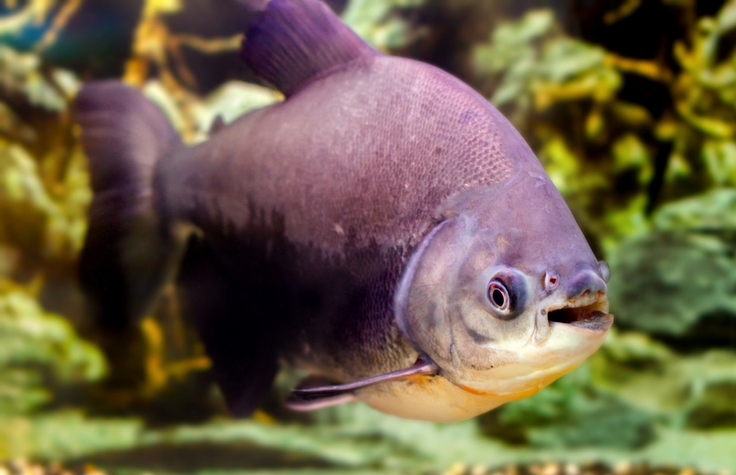
Dr. Vanina Villanova won the 2018 Agriculture Greater Good Initiative Grant to develop a genetic map for pacú, an important South American freshwater fish.
High-quality genomes are essential to resolve challenges in breeding, comparative biology, medicine, and conservation planning for bottlenose dolphins.
Agriculture has sustained and enhanced human life for thousands of years, but a changing environment and expanding population is increasing demand for more productive and more sustainable farming. Listen to Dr. Andrzej Kilian of Diversity Arrays Technology describe how NGS-based genotyping is helping to develop more sustainable agriculture practices.
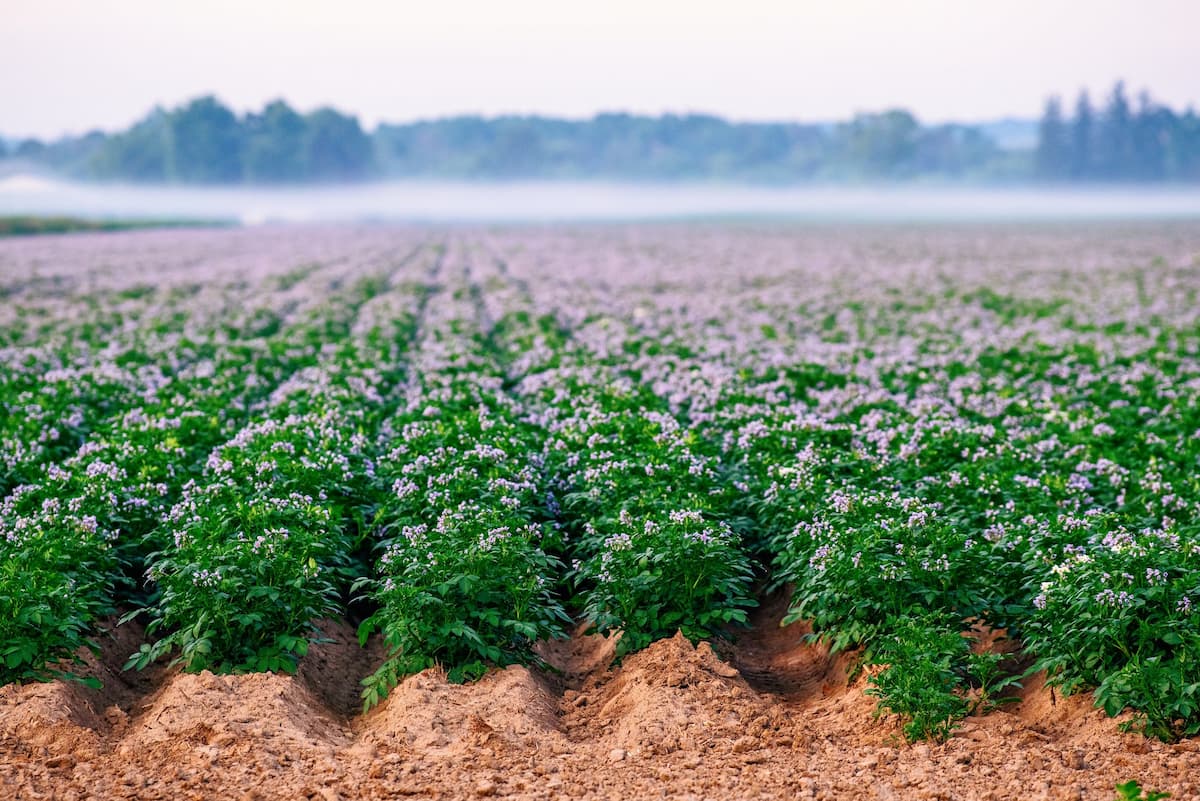
Considering bringing next-generation sequencing to your lab, but unsure where to start? These resources cover key topics in NGS and are designed to help you plan your first experiment.
Agriculture has sustained and enhanced human life for thousands of years, but a changing environment and expanding population is increasing demand for more productive and more sustainable farming. Listen to Dr. Andrzej Kilian of Diversity Arrays Technology describe how NGS-based genotyping is helping to develop more sustainable agriculture practices.
This review covers recent peer-reviewed research publications in agrigenomics and gives an overview of innovations that present breeders with powerful tools to advance agriculture.
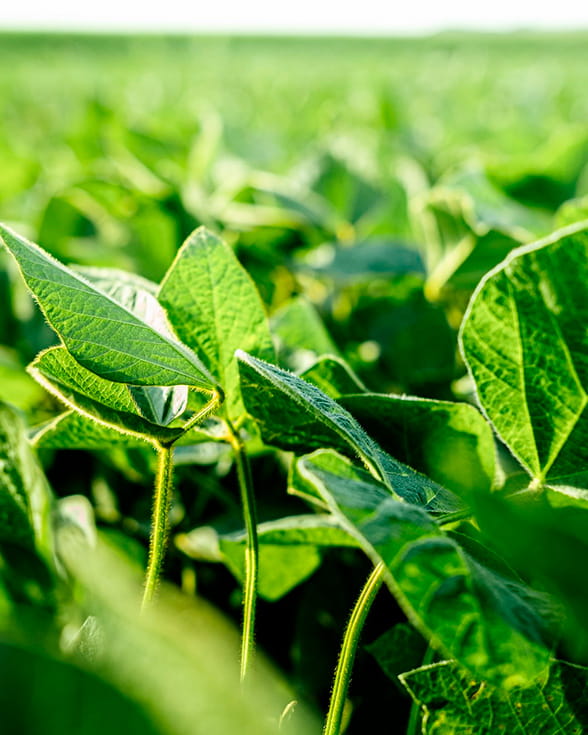
A guide to Illumina next-generation sequencing technology for agricultural research.
A novel sequencing method reduces cost and enables analysis of tens of thousands of fish.
The authors of this paper used sequencing to study crops with varying ploidy levels.
Researchers in New Zealand use genotyping by sequencing to overcome cost and resource hurdles associated with genomic selection.
Interested in learning more about agrigenomics?
Your email address is never shared with third parties.